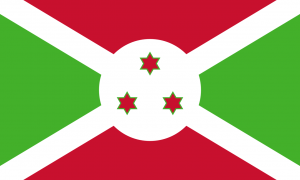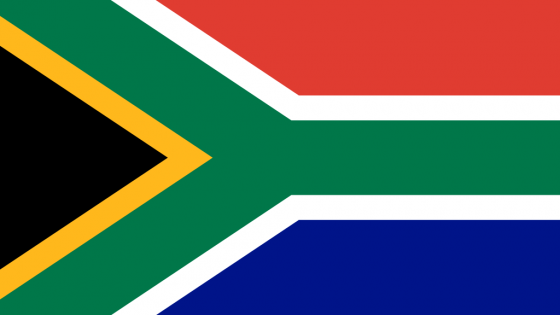
South Africa is one of the most iconic destinations in Africa, offering a blend of history, culture, wildlife, and stunning landscapes. It is known for its unique position as a multicultural society, its rich biodiversity, and its importance in both African and global affairs. The country’s remarkable resilience following the end of apartheid is a significant part of its modern identity.
South Africa is a land of contrasts: from the vibrant cities like Cape Town and Johannesburg to the wide-open spaces of the Karoo and the untamed beauty of its national parks. Whether you’re a history enthusiast, a wildlife lover, or someone in search of an exciting cultural experience, South Africa offers something for every traveler.

